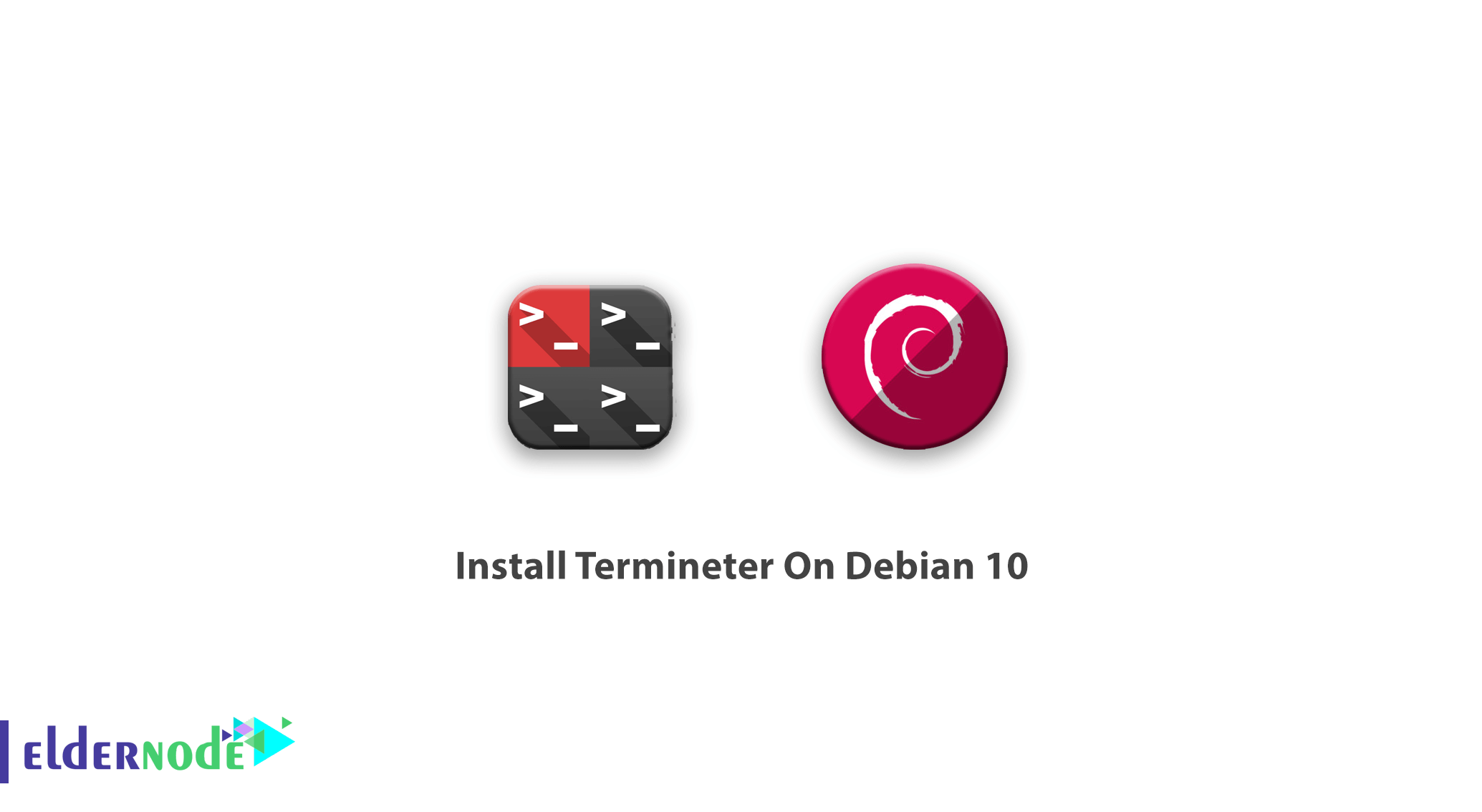
Tutorial how to Install Termineter On Debian 10. Termineter is a Python framework. While you use this Smart Meter Security Testing Framework, you have a platform for the security testing of smart meters. To install this application buy a Linux VPS and use your full administrator access.
Table of Contents
How It Works
Termineter is released under the BSD 3-clause license and communicates with Smart Meters via a connection using an ANSI type-2 optical probe with a serial interface.
Termineter interacts with smart meters using the ANSI C12.18 protocol over a serial connection. The ANSI Type-2 optical probe that is in use must provide a serial interface.
Usage And Audience
Termineter is commonly used for hardware security. Target users for this tool are developers and security professionals.
3 4 5 6 7 8 | termineter [–h] [–v] [–L {DEBUG,INFO,WARNING,ERROR,CRITICAL}] [–r RESOURCE_FILE] –h, —help show this help message and exit –v, —version show program‘s version number and exit –L {DEBUG,INFO,WARNING,ERROR,CRITICAL}, —log {DEBUG,INFO,WARNING,ERROR,CRITICAL} set the logging level –r RESOURCE_FILE, —rc–file RESOURCE_FILE execute a resource file |
Modules
brute_force_login – Brute Force Credentials
dump_tables – Dump Readable C12.19 Tables From The Device To A CSV File
enum_tables – Enumerate Readable C12.19 Tables From The Device
get_info – Get Basic Meter Information By Reading Tables
get_log_info – Get Information About The Meter’s Logs
get_modem_info – Get Information About The Integrated Modem
get_security_info – Get Information About The Meter’s Access Control
read_table – Read Data From A C12.19 Table
run_procedure – Initiate A Custom Procedure
set_meter_id – Set The Meter’s I.D.
set_meter_mode – Change the Meter’s Operating Mode
write_table – Write Data To A C12.19 Table
Tutorial Install Termineter On Debian 10
Termineter is known to work on Linux and Microsoft Windows. Use the command below to install Termineter on Debian 10:
apt-get install termineterYou can install the termineter from the Python Package Index using pip by running sudo pip install termineter.
While the termineter supports Python 2.7 and 3.4+, it is recommended that users use Python3. The requirements are listed in the requirements.txt file. They can be installed with python3 -m pip install -r requirements.txt.
How To Install Termineter
It is not necessary to install or modify, but just start a command prompt, navigate to the termineter directory, and use python to run the termineter. If using a USB optical probe with an FTDI chip, you may need to load and configure the appropriate serial to USB driver in order to use the device. The following command will configure the hardware on Linux.
Kernel version < 3.12
modprobe ftdi-sio vendor=0xVVVV product=0xPPPPKernel version >= 3.12
modprobe ftdi-sio echo VVVV PPPP > /sys/bus/usb-serial/drivers/ftdi_sio/new_idNote: Where VVVV is the vendor ID and PPPP is the product ID. These values can be obtained from the lsusb command.
Termineter Environment Configuration
Basic Requirements
Recommend Python >=3.4 ** Can work with Python 2.7 but must be specified **
PySerial >=2.3.1
Below is a summary of the basic steps to get started with Termineter after the environment has been configured.
1. Connect the optical probe to the smart meter and start Termineter
2. Configure the connection options. On Windows, this would be something like COM1 and on Linux something like /dev/ttyS0. Check Configuring the Connection for more details.
3. Use the connect command, this will also check that the meter is responding.
Conclusion
In this article, you learned what is Termineter and how to install Termineter On Debian 10. From now on you can use this application to test the security of your smart meters. If you are interested to learn more, find our articles on Security measures to protect the server AND How to test security of VPS.




